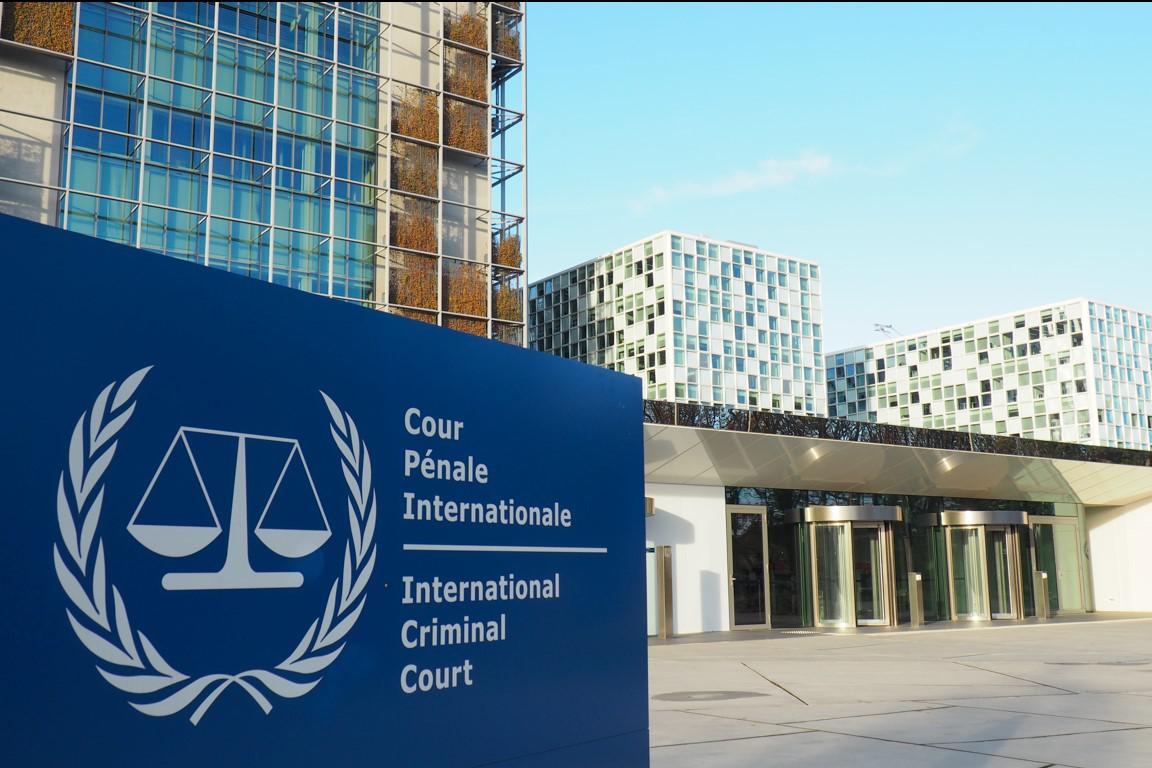International Criminal Court: request for arrest warrants of two senior Taliban officials for the crime against humanity of gender-based persecution represents a historic step for Afghanistan and international justice

On January 23, 2025, the Prosecutor of the International Criminal Court (ICC) Karim Khan requested the issuance of two arrest warrants for Supreme Leader Haibatullah Akhundzada and Supreme Court Chief Justice Abdul Hakim Haqqani, two senior officials of the Taliban government that regained control of Afghanistan in August 2021. The charge is crimes against humanity, as defined by the Rome Statute, perpetrated through gender-based persecution against girls, women, and individuals belonging to the LGBTQI+ community, thus targeting all individuals whose gender expression and/or identity does not align with their ideological standards.
Investigations conducted by the ICC team in Afghanistan, under the guidance of Deputy Prosecutor Nazhat Shameem Khan and the Special Adviser on Gender and Discrimination Crimes, led to the collection of numerous decrees issued by Taliban officials, as well as expert testimonies and forensic reports supporting the charges. This evidence reveals a pattern of systematic persecution and oppression of women and people belonging to the LGBTQI+ community implemented through measures such as bans on working, accessing public spaces, and attending school beyond the age of twelve. As stated by the ICC Prosecutor, these actions undermine fundamental rights such as freedom of expression, the right to bodily autonomy, and the right to education. These crimes are also part of a broader context of repression against all forms of dissent, suppressed through killings, imprisonment, torture, sexual violence, and enforced disappearance. Prosecutor Khan further emphasized that any violation of human rights cannot be justified by a specific ideological interpretation of Sharia law.
Several human rights experts* have expressed their support for the arrest warrants request, highlighting its historical and legal significance. It represents both an important advancement in the pursuit of justice in Afghanistan and a broader recognition of the meaning attributed to gender-based crimes under international law, extending to those based on gender identity and expression, sexual orientation, and sex characteristics.
It is now up to the ICC Pre-Trial Chamber to rule on the merits of the charges presented in the arrest warrants request.
*Richard Bennett, Special Rapporteur on the situation of human rights in Afghanistan; Laura Nyirinkindi (Chair), Claudia Flores (Vice-Chair), Dorothy Estrada Tanck, Ivana Krstić, and Haina Lu, Working group on discrimination against women and girls; Ana Peláez Narváez, Chair of the Committee on the Elimination of Discrimination against Women; Graeme Reid, Independent Expert on protection against violence and discrimination based on sexual orientation and gender identity; Margaret Satterthwaite, Special Rapporteur on the independence of judges and lawyers.

